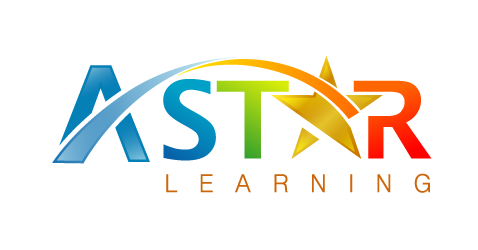Summer break is a wonderful opportunity for students to relax and recharge, but it can also be a time for enrichment and continued learning.
As teachers, finding ways to keep students engaged and learning during the summer months can set the stage for a successful school year ahead.
Here’s a guide to help you maximize summer success for your students with effective strategies and activities.
1. Incorporate Fun and Interactive Learning Activities
Summer doesn’t have to mean a break from learning. Incorporate fun, interactive activities that captivate students' interests. Consider organizing summer reading challenges, science experiments, or creative writing projects. Online platforms and apps offer interactive lessons that can make learning enjoyable and engaging. Providing a mix of educational games and hands-on activities can help students stay sharp and curious.
2. Encourage Independent Projects and Exploration
Encourage students to pursue independent projects that align with their interests. Whether it’s a research project, a DIY craft, or learning a new skill, independent projects foster creativity and self-discipline.
Offer guidance on selecting projects and setting goals, and consider creating a platform where students can share their progress and findings with peers.
3. Utilize Online Resources and Tools
Leverage the power of online resources to keep students engaged. Educational websites, apps, and virtual field trips can provide valuable learning experiences outside the traditional classroom.
Curate a list of recommended online resources, including interactive games, educational videos, and virtual tours, to help students continue learning in a fun and accessible way.
4. Organize Summer Learning Workshops or Camps
Organize workshops or camps focused on specific subjects or skills. This could be a math enrichment camp, a creative writing workshop, or a science exploration session.
These programs not only provide structured learning but also offer students the chance to interact with peers and engage in collaborative projects. Partner with other educators or community organizations to expand your offerings and resources.
5. Promote Reading and Literacy
Promote summer reading by recommending books and creating a reading challenge. Encourage students to explore various genres and topics, and consider organizing virtual book clubs or reading discussions.
Providing students with access to engaging and age-appropriate literature can help maintain and develop their literacy skills while fostering a love for reading.
Conclusion
By incorporating these strategies, you can help students make the most of their summer break and prepare them for a successful return to school.
Engaging in summer activities not only enriches students' learning experiences but also ensures they continue to grow academically and personally. Embrace the summer season as an opportunity to inspire and support your students' ongoing educational journey.


